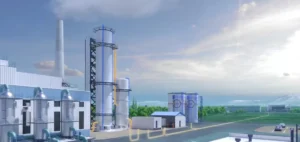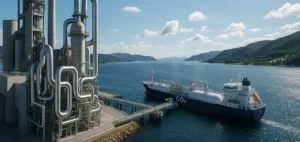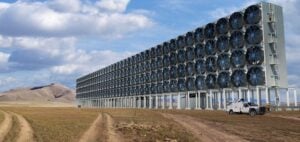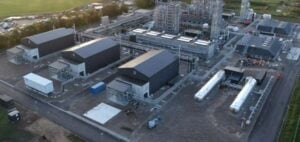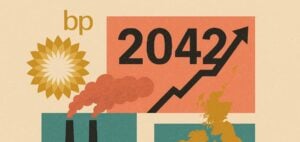The State of California has selected the non-profit organisation Carbon Mapper, in partnership with US-based company Planet Labs PBC, to participate in its Satellite Data Purchase Program. This initiative is aimed at acquiring satellite-based methane emissions data to support the state’s goal of cutting methane emissions by 40% by 2030 compared to 2013 levels.
Carbon Mapper will deliver observations from the Tanager satellite constellation, operated by Planet Labs PBC and designed to detect methane point sources at the facility level. The first satellite in this series, Tanager-1, launched in August 2024 with philanthropic funding, is already operational. The collected data is transmitted to the California Air Resources Board (CARB), the authority responsible for air quality and emissions across the state.
Targeted detection and actionable data
Tanager satellites are equipped with a hyperspectral sensor developed by NASA’s Jet Propulsion Laboratory (JPL). This technology enables mapping of priority regions at 30-metre resolution, detecting emission sources with accuracy down to 50 metres. Carbon Mapper processes this data to generate methane plume imagery, precisely locate emission points and estimate corresponding emission rates.
The satellite data programme also includes the capacity to acquire data beyond California’s borders, enabling broader monitoring. Carbon Mapper’s earlier airborne campaigns identified hundreds of high-emission sources across the US. According to the organisation, nearly half of the detected leaks were voluntarily sealed by operators in the energy, waste, or agricultural sectors.
An attribution strategy at infrastructure scale
Studies by Carbon Mapper and other research institutions indicate that the majority of emissions originate from a limited number of sites. Through remote sensing, emissions are attributed to specific facilities or infrastructure, allowing authorities and operators to direct corrective measures. The data provided is intended to be sufficiently precise to support rapid operational decision-making.
The collaboration between California, Carbon Mapper and Planet Labs PBC forms part of a strategy to enhance autonomous monitoring capabilities from space. The Tanager-1 mission, the first of four planned satellites, delivers a continuous stream of global data already applied in interventions targeting real-time high-emission events.



